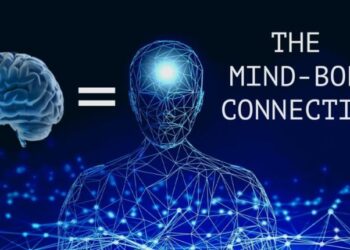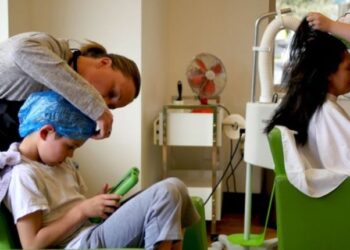In the journey of healing, the role of a strong support system is crucial. This is especially true for those diagnosed with heart disease. They often face hurdles such as the daunting Port Saint Lucie leg swelling, a common symptom associated with this condition. Yet, there’s hope. Cardiologists play a pivotal role, not just in providing medical care, but also in offering the emotional and psychological support these patients need. The power of this dual approach – physical care and emotional support – cannot be overstated. Let’s delve into why this is so important.
The Impact of Emotional Support
The heart is more than just a pump. It feels the weight of our emotions. Fear, uncertainty, and loneliness can have a negative effect on heart health. This is where a strong support system comes into play. It provides comfort, understanding, and a sense of belonging. Studies from National Institutes of Health show that emotional support improves patients’ overall well-being and even their medical outcomes.
The Role of Cardiologists
Cardiologists are not just doctors. They are guides, mentors, and pillars of support. They help patients understand their condition. They show patients how to navigate the healthcare system. They provide emotional support through the ups and downs of the disease. They help patients see that there is life after a heart disease diagnosis.
Conclusion
Physical care and emotional support go hand in hand. They are two sides of the same coin. Together, they create an environment of healing and hope. A strong support system is key for patients with heart disease. Cardiologists play a pivotal role in providing this support. They show patients that they are not alone in their journey.
| PHYSICAL CARE | EMOTIONAL SUPPORT |
| Medications | Comfort and Understanding |
| Surgery | Sense of Belonging |
| Physical Therapy | Mental Strength |











